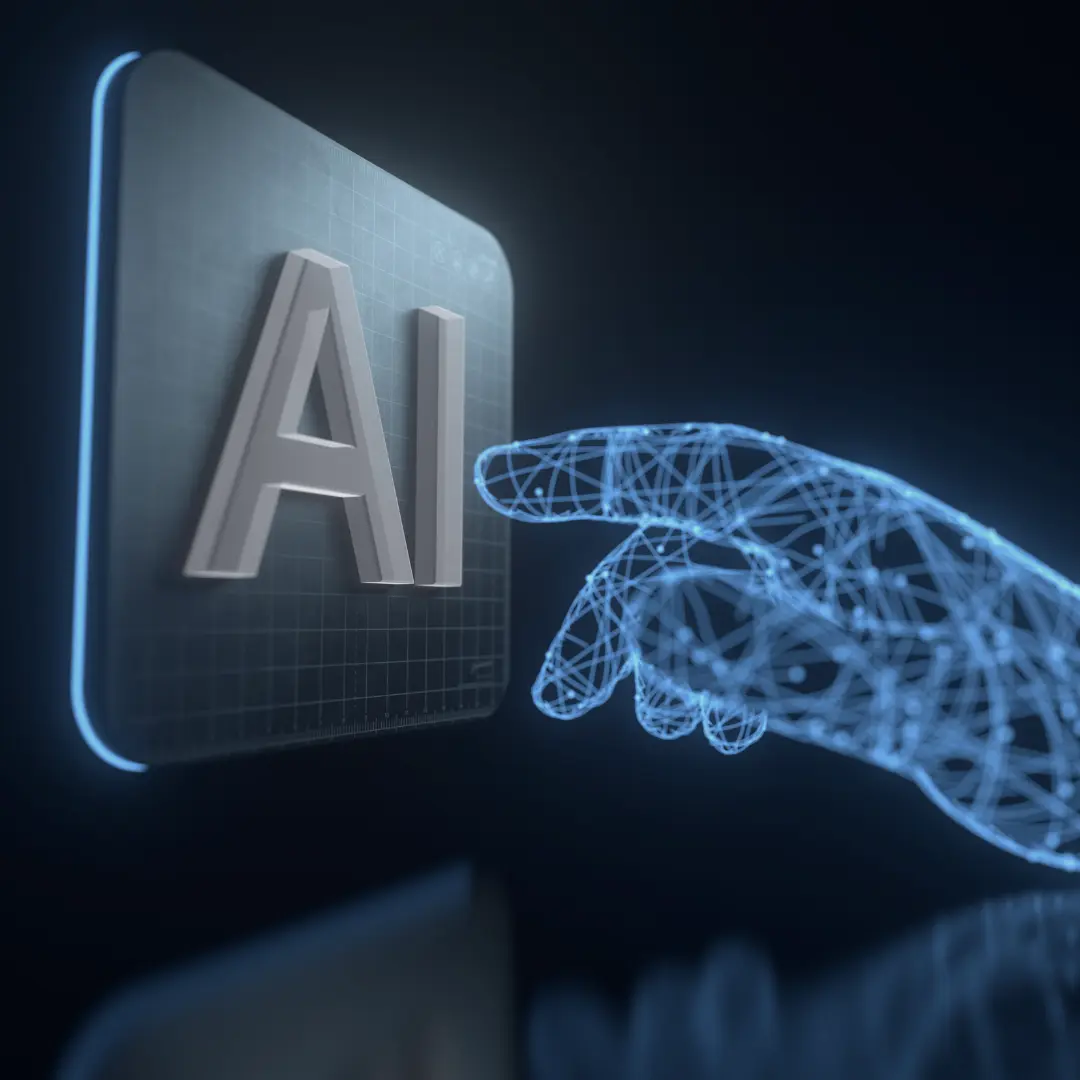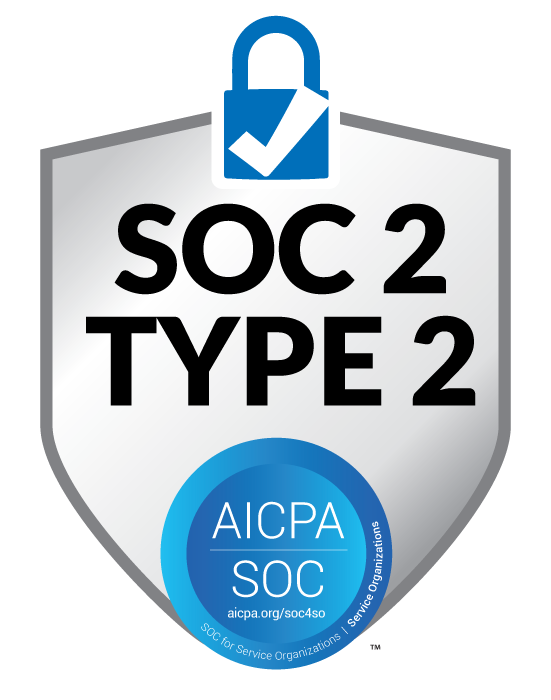AI in Hospitality Industry
The hospitality industry, particularly luxury hotel chains, thrives on delivering exceptional guest experiences, operational efficiency, and seamless service. As traveler expectations evolve, hotels face the challenge of personalizing services, optimizing operations, and maintaining profitability in a competitive market. Enter AI agents—intelligent, no-code digital workers powered by platforms like lowtouch.ai that are revolutionizing the hospitality sector. These autonomous agents streamline processes, enhance guest satisfaction, and unlock new opportunities for innovation. In this article, we’ll explore how AI agents are transforming luxury hotel chains and the broader hospitality industry, focusing on key areas like guest experience, operational efficiency, and revenue optimization.
The Rise of AI Agents in Hospitality
AI agents are software-based entities that perform tasks autonomously, leveraging machine learning, natural language processing, and data analytics to make decisions and execute actions. Unlike traditional automation tools, AI agents are adaptive, capable of learning from data, and can handle complex, dynamic workflows without requiring extensive coding expertise. For luxury hotel chains, where precision and personalization are paramount, AI agents offer a scalable solution to meet modern demands.
The hospitality industry is adopting AI agents to address pain points like labor shortages, rising operational costs, and the need for hyper-personalized guest experiences. By integrating with existing systems, these agents empower hotels to deliver unparalleled service while optimizing resources. Let’s dive into the transformative impact of AI agents across three critical areas.
1. Elevating Guest Experiences with Hyper-Personalization
Luxury hotels are defined by their ability to anticipate and exceed guest expectations. AI agents take personalization to new heights by analyzing vast amounts of data to deliver tailored experiences in real time.
How AI Agents Enhance Guest Personalization
- Pre-Arrival Customization: AI agents analyze guest profiles, preferences, and past stays to curate personalized offerings before guests even arrive. From room temperature settings to preferred pillow types, these agents ensure every detail is perfect.
- Real-Time Recommendations: During a stay, AI agents use natural language processing to interact with guests via chatbots or voice assistants, suggesting dining options, spa treatments, or local attractions based on their interests.
- Post-Stay Engagement: After checkout, AI agents send personalized follow-up messages, offering loyalty rewards or incentives to encourage repeat bookings.
Real-World Example
A luxury hotel chain in Dubai implemented an AI agent to enhance guest interactions. The agent accessed guest data from booking systems and social media to offer tailored experiences. For instance, a couple celebrating an anniversary received a complimentary dinner reservation at a restaurant matching their culinary preferences, along with a personalized room setup. This led to glowing reviews and increased guest loyalty.
By delivering these bespoke experiences, AI agents not only delight guests but also drive higher satisfaction scores and repeat business, critical metrics for luxury hotels.
2. Streamlining Operations for Maximum Efficiency
Operational efficiency is the backbone of any successful hotel chain. AI agents optimize back-end processes, reduce manual workloads, and ensure compliance, allowing staff to focus on high-value tasks like guest engagement.
Key Operational Benefits of AI Agents
- Dynamic Staff Scheduling: AI agents analyze occupancy rates, event schedules, and historical data to create optimized staff schedules, reducing overstaffing or understaffing issues.
- Inventory Management From linens to minibar stock, AI agents track inventory levels in real time, automating reordering processes to prevent shortages or waste.
- Maintenance Automation: AI agents integrate with IoT sensors to detect maintenance issues—such as like a faulty air conditioner—before they impact guests, scheduling repairs proactively.
- Compliance and Reporting: AI agents ensure that adherence to industry regulations are met by automating compliance audits and generating compliance reports, minimizing risks.
Real-World Example
A global hotel chain with properties in Europe faced challenges with inventory management across its restaurants. An AI agent was deployed to track food and beverage stock levels, predict demand fluctuations based on booking trends, and automate supplier orders. This significantly reduced food waste significantly and ensured consistent availability of menu items, enhancing both operational efficiency and guest satisfaction while also boosting guest satisfaction.
By automating repetitive tasks, AI agents frees up staff to focus on delivering the human touch that defines luxury hospitality industry, while also cutting costs and improving resource utilization.
3. Optimizing Revenue Through Data-Driven Insights
In a competitive market, luxury hotel chains must maximize revenue without compromising the guest experience. AI agents provide actionable insights to drive profitability through dynamic pricing, upselling, and demand forecasting.
Revenue Optimization Strategies Powered by AI Agents
- Dynamic Pricing: AI agents analyze market trends, competitor pricing, and demand fluctuations to adjust room rates in real time, ensuring optimal revenue per available room (RevPAR).
- Upselling and Cross-Selling: By understanding guest preferences, AI agents recommend personalized upsell opportunities, such as suite upgrades or spa packages, at the right moment.
- Demand Forecasting: AI agents predict booking trends based on historical data, local events, and market conditions, enabling hotels to optimize marketing campaigns and staffing levels.
- Loyalty Program Enhancement: AI agents segment guests based on spending patterns and engagement, tailoring loyalty rewards to drive repeat bookings and higher lifetime value.
Real-World Example
A boutique luxury hotel in New York City used an AI agent to optimize its pricing strategy. The agent analyzed competitor rates, local event schedules, and historical booking data to adjust prices dynamically. During a major fashion event, the hotel increased rates strategically, resulting in fully booked rooms at premium prices without alienating guests. This approach boosted revenue significantly during peak periods.
By leveraging data-driven insights, AI agents empower hotels to make informed decisions that balance profitability with guest satisfaction, a critical advantage in the luxury segment.
Overcoming Challenges in AI Agent Adoption
While the benefits of AI agents are clear, adoption comes with challenges. Hotels must address concerns around data privacy, staff training, and integration with legacy systems. Here’s how to navigate these hurdles:
- Data Privacy and Security: AI agents must comply with regulations like GDPR and CCPA. Hotels should partner with trusted platforms that prioritize secure data handling and encryption.
- Staff Training and Buy-In: Employees may fear job displacement. Clear communication about how AI agents augment, not replace, human roles is essential. Training programs can help staff leverage AI tools effectively.
- Integration with Legacy Systems: Many hotels rely on outdated systems. No-code platforms like lowtouch.ai simplify integration, allowing AI agents to work seamlessly with existing infrastructure.
By addressing these challenges proactively, hotels can unlock the full potential of AI agents while maintaining trust with guests and staff.
The Future of AI Agents in Hospitality
The role of AI agents in hospitality is only set to grow. Emerging trends include:
- Voice-Activated AI Assistants: Guests will interact with AI agents via voice commands in their rooms, requesting services or information effortlessly.
- Predictive Maintenance: Advanced AI agents will use predictive analytics to anticipate equipment failures, reducing downtime and costs.
- Sustainability Initiatives: AI agents will optimize energy consumption and waste management, aligning with growing demand for eco-friendly practices.
- Metaverse Integration: Luxury hotels may use AI agents to create virtual tours or immersive booking experiences in the metaverse, appealing to tech-savvy travelers.
As these innovations unfold, AI agents will become indispensable partners in delivering the next generation of hospitality experiences.
Why Luxury Hotel Chains Should Act Now
The hospitality industry is at a turning point. Guests expect seamless, personalized experiences, while hotels face pressure to optimize operations and boost revenue. AI agents offer a transformative solution, enabling luxury hotel chains to meet these demands with precision and scalability.
By adopting AI agents through no-code platforms like lowtouch.ai, hotels can:
- Deliver hyper-personalized guest experiences that drive loyalty.
- Streamline operations to reduce costs and improve efficiency.
- Optimize revenue through data-driven strategies.
- Stay ahead of competitors in a rapidly evolving market.
The time to embrace AI agents is now. Luxury hotel chains that invest in this technology will not only enhance their brand reputation but also position themselves as leaders in the future of hospitality.
Conclusion
AI agents are reshaping the hospitality industry, empowering luxury hotel chains to deliver exceptional guest experiences, streamline operations, and maximize profitability. From hyper-personalized services to data-driven revenue strategies, these intelligent digital workers are unlocking new possibilities for innovation. By partnering with platforms like lowtouch.ai, hotels can harness the power of AI agents without the complexity of traditional tech solutions. As the industry evolves, those who embrace AI agents today will define the future of luxury hospitality tomorrow.
About the Author

Nitin Chibber
Program Manager
Program Manager with over 25+ years of experience leading complex, enterprise-scale DevOps, cloud migration, and Agile projects for global clients in insurance, banking, airlines, and traffic management. Expertise in Azure/AWS cloud architectures, DevSecOps, and no-code automation platforms. Proven track record in driving digital transformation, optimizing CI/CD pipelines, and managing onsite/offshore teams. Currently spearheading application containerization and AI-driven test automation for a renowned US insurance company, delivering measurable improvements in efficiency, compliance, and scalability.




